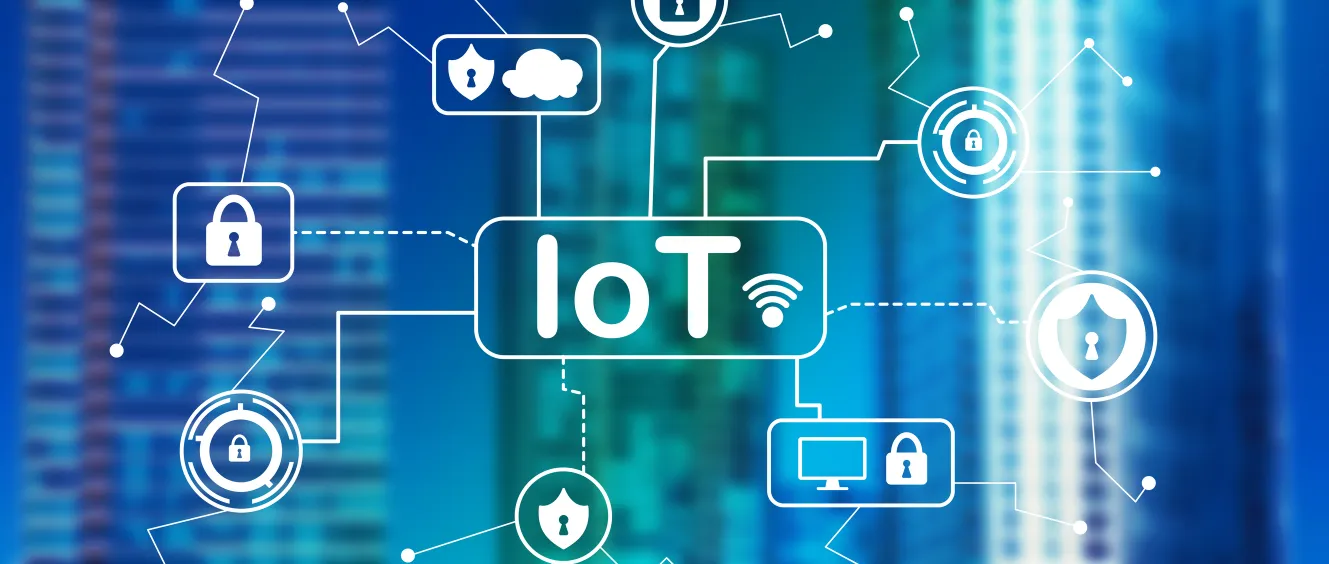The Impact of IoT on Property Management
The Internet of Things (IoT) is revolutionizing the way businesses operate, including those in the property management industry. With the ability to connect physical devices, appliances, and other pieces of technology to the internet, the opportunities for property management firms are virtually limitless. IoT technology can help streamline operations and make the job of managing properties easier. In this article, we will look at some of the ways IoT is impacting property management and how it can help businesses in the industry.
What is IoT?
IoT is a network of physical objects that are equipped with sensors and other technologies that allow them to transfer data over the internet. These devices can be anything from refrigerators and water heaters to door locks and security systems. The idea behind IoT is to create an interconnected network of objects that can be managed remotely through a single interface.
How is IoT Used in Property Management?
IoT technology is being used in various aspects of property management, from energy efficiency to security. Here are some of the ways IoT is changing the industry:
1. Energy Efficiency
IoT-enabled devices can help property owners save money by monitoring and controlling energy usage. For example, sensors can be used to detect when a room is empty and turn off the lights or air conditioning. Smart meters can also be used to track energy usage and help property managers identify areas of potential savings.
2. Maintenance and Repair
IoT can be used to monitor the condition of a property and alert property managers if there is an issue that needs to be addressed. This eliminates the need for manual inspections and can help reduce the risk of costly repairs.
3. Security
IoT devices can be used for a variety of security related tasks, including monitoring access points, detecting intruders, and alerting property managers if there is an issue. With the help of sensors and other security devices, properties can be kept safe and secure.
4. Automation
IoT technology can be used to automate many of the processes associated with property management. For example, the use of connected devices can allow for automated billing, payments, tenant notifications, and much more.
Benefits of Using IoT in Property Management
Here are some of the key benefits of using IoT in property management:
- Energy savings – IoT-enabled devices can identify areas where energy is being wasted and help property managers take steps to reduce it.
- Improved maintenance – With the help of sensors and other monitoring devices, issues can be detected and addressed quickly.
- Security – IoT devices can be used to monitor access points and alert property owners of any potential risks.
- Automation – IoT technology can be used to automate many of the processes associated with property management.
- Better communication – IoT devices can be used to improve communication between tenants and property owners.
- Increased efficiency – IoT-enabled devices can help reduce labor costs and improve operational efficiency.
Conclusion
The Internet of Things (IoT) is changing the way property management firms operate and the potential advantages of adopting this technology are vast. IoT can be used for a variety of tasks, from energy efficiency to maintenance and repair, and it can help property owners save money, reduce labor costs, and improve operational efficiency. With the right approach, property management firms can take advantage of the many benefits of IoT and use it to their advantage.
What benefits does IoT offer to property management?
1. Remote Monitoring: IoT devices enable property managers to remotely monitor and control the temperature, lighting and motion, as well as monitor energy consumption and water usage to both save money and improve efficiency.
2. Improved Security: Integrating connected devices with CCTV cameras and access control systems can provide real-time information and analytics to ensure the safety of tenants, visitors and staff.
3. Lower Maintenance Costs: By using automated diagnostics, property managers can detect and repair issues before they become costly, maintenance problems.
4. Improved Tenant Experience: IoT can provide tenants with things like a digital hub for booking amenities and services, automated package delivery, and access to real-time data about traffic flows and noise levels.
5. Automated Routine Tasks: IoT can handle tasks like scheduling maintenance and filter changes, tracking inventory levels, and automatically adjusting environmental settings for optimal comfort.
In conclusion, the Internet of Things has huge potential in property management and can bring about a host of benefits from improved efficiency to improved tenant experiences. With the right approach, property management firms can leverage IoT to their advantage and make their business more competitive in the market.
What are the disadvantages of using IoT for property management?
1. Security Risks: IoT devices connected to the internet can be vulnerable to cyberattacks or malicious data manipulation by malicious actors. IoT nodes and wireless networks may be used to access data, or create unauthorized access points into a facility’s infrastructure.
2. Need for Regular Maintenance: IoT solutions require regular maintenance to ensure all systems are functioning correctly, and new components need to be installed from time to time. This can lead to increased qualifications for staff, additional costs, and potential legal and compliance challenges.
3. Compatibility: Different manufacturers’ systems may not work with each other and need to be updated and maintained on a regular basis to ensure compatibility.
4. Cost & Scalability: IoT solutions can be expensive and can increase operational costs over time, especially as components need to be regularly upgraded and maintained. In addition, scaling up IoT devices can be problematic since each device needs to be configured properly.

